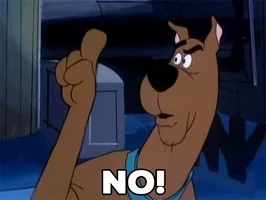Welcome to the last post of 2021, a year that most of us probably can't wait to end. Here's hoping we'll all be doing better by this time next year.
At the end of every year, I like to look back at the books I've read. Here's my list on Goodreads. I track only books I finish, not those I start. (This is why I don't always record the date I start a book, but I am better at recording when I finish.) Goodreads counts everything from short stories to multi-volume sets as a single book, so I do my best to track my reading accordingly. My initial goal for 2020 was 150 books, but I adjusted my goal a couple of times for a final goal of 140 books. Goodreads says I read 144 books this year, but I can only account for 143. (I think one of them may have been counted twice.) With a little push, I might add one more book before midnight tomorrow. Considering two of my books were actually three-book collections but still counted as a single item, I came pretty close to reaching my original goal. Reading Swann's Way didn't help.
My breakdown by genre is listed below:
Fantasy: 40
Science Fiction: 10
Mystery (cozy or otherwise): 52
Other Fiction: 9
Non-Fiction: 32
This might be the first time that mystery, not fantasy, has been my top category. (Many of the cozy mysteries I like have paranormal elements, but I still count them under mystery instead of fantasy.) Since I'm working on a cozy mystery series, naturally I need to learn more about this genre, though I was reading it before I decided to write it. Some of my other reading goals this year were to read ten books on writing, five physical books from my To Be Read pile, and 40 non-fiction books. I came close with the non-fiction, but I only read four books on writing and nothing from the TBR pile. I have a feeling many of those books will never be read, alas. EBooks outnumber paper books 91 to 52. Although my library was closed for a couple of months due to COVID-19, I still managed to check out quite a few paper books along with eBooks.
Here are a few recommendations from the year:
The Bird Way
Spellbreaker
21 Lessons for the 21st Century
The Heroine's Journey
Midnight Bargain
Caste: The Origins of Our Discontents
The Precipice
Dread Nation
Oona Out of Order
Bannerless
Factfulness
The Skeptic's Guide to the Universe
The Ten Thousand Doors of January
I'm not sure yet what reading goals I want to set for 2021, but I'll try to make them more realistic.
What was your favorite book this year? Feel free to share it in the comments.













